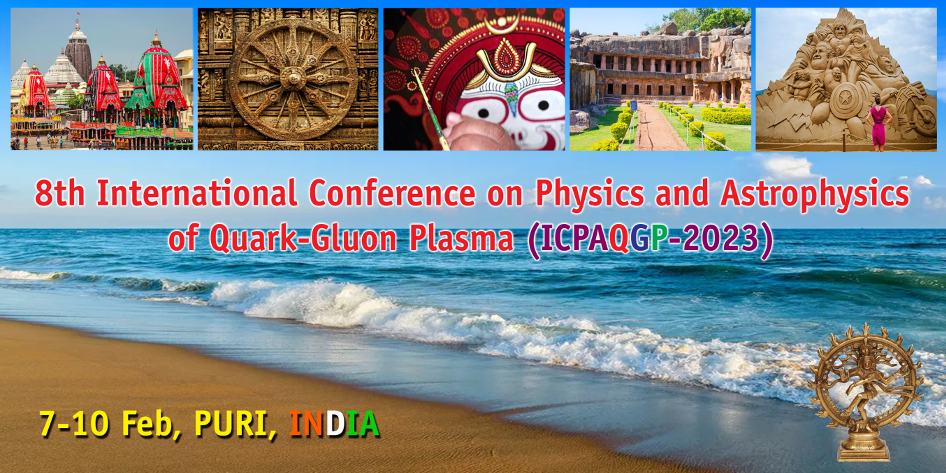Particle production at the Large Hadron Collider (LHC) energies results from the interplay of hard and soft QCD processes and is sensitive to non-linear QCD evolution in the initial state. Global observables such as multiplicity and rapidity dependence of particle production provide important constraints for initial state models and help in understanding the underlying description of particle...
Machine learning techniques are well-known in the high-energy physics community and have helped solve numerous problems in this field. This work studies various applications of machine learning tools in the physics of heavy-ion collisions. One of the crucial initial state observables, the impact parameter, plays a vital role in establishing the initial state effects, which subsequently affects...
Recently different statistical-based Machine learning techniques are being used vastly in the field of computational heavy-ion physics to overcome the need for immense computational power. We have developed a general machine learning code using the Bayesian statistics that enables us to quantify the multi-parameters model by comparing multiple experimental observables simultaneously. Though...
We demonstrate high prediction accuracy of three important properties that determine the initial geometry of the heavy-ion collision (HIC) experiments by using supervised machine learning (ML) methods. These properties are the impact parameter, the eccentricity, and the participant eccentricity. Although ML techniques have been used previously to determine the impact parameter of these...

